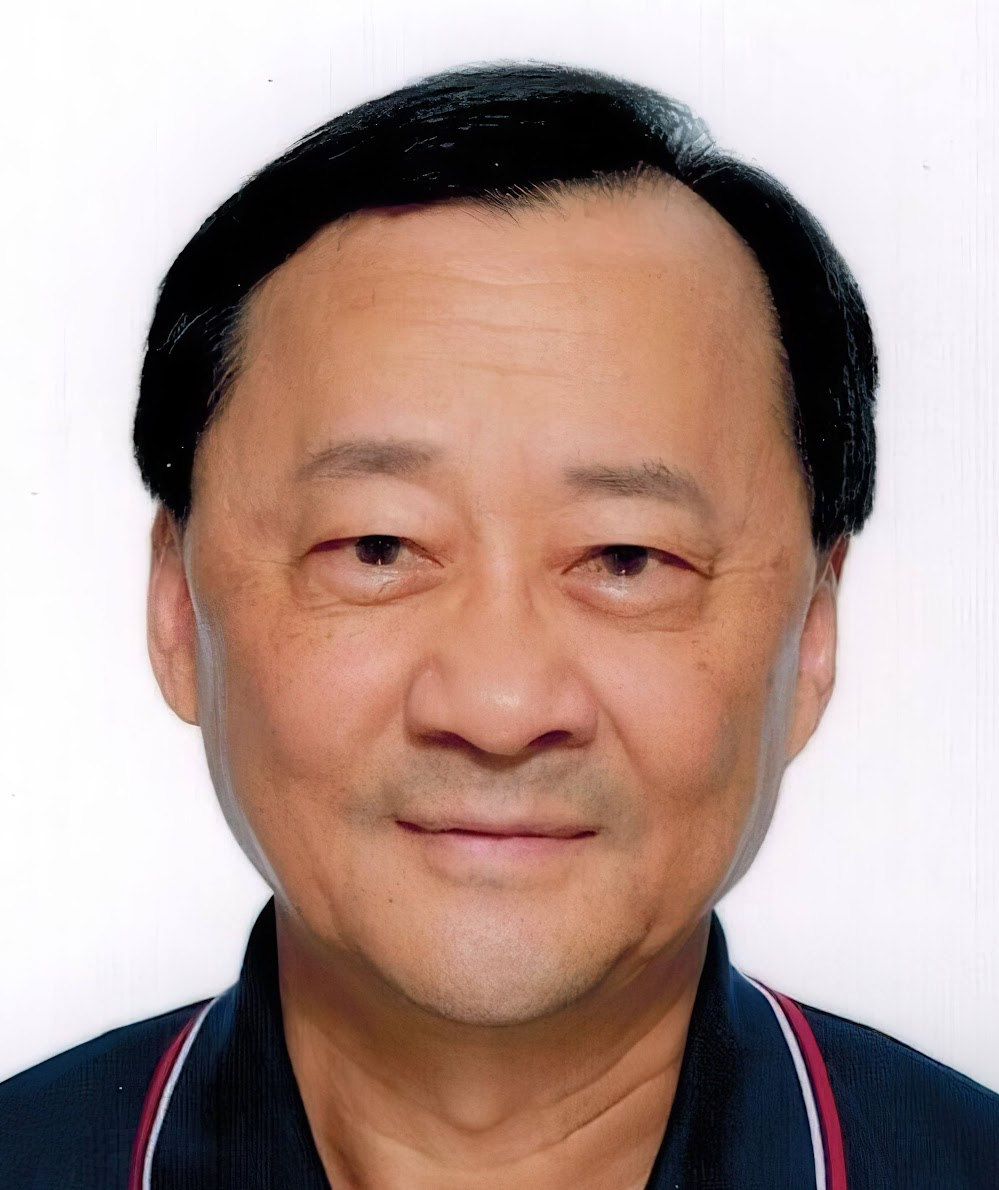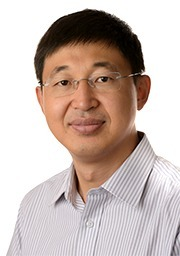

Prof. Benjamin W. Wah (AAAS/ACM/IEEE Fellow)
Chinese University of Hong Kong, Hong Kong, China
WAH Wan-Sang Benjamin Wah is a Research Professor at the Chinese University of Hong Kong (CUHK) and Franklin W. Woeltge Emeritus Professor of Electrical and Computer Engineering at the University of Illinois, Urbana-Champaign (UIUC), USA. He previously served as Provost and Wei Lun Professor of Computer Science and Engineering of CUHK, Chair of Research Grants Council of Hong Kong, and Franklin W. Woeltge Professor of UIUC. He received his Ph.D. degree in computer science from the University of California, Berkeley, CA, USA, in 1979.Wah's contributions to the field of computer science and engineering have been recognized with numerous prestigious awards. These include the IEEE CS Technical Achievement Award, the IEEE Millennium Medal, the IEEE-CS W. Wallace-McDowell Award, the IEEE-CS Richard E. Merwin Award, the IEEE-CS Tsutomu Kanai Award, and the Distinguished Alumni Award in Computer Science of the University of California, Berkeley. His current research interests in big data and multimedia systems have led to significant advancements in these areas. Notably, between 2013-18, he served as the Chief Scientist of the China 973 Project entitled “Theory and Applications of Network Big Data Computations."Wah's commitment to advancing knowledge in his field is further evidenced by his editorial roles and affiliations. He co-founded the IEEE Transactions on Knowledge and Data Engineering in 1988 and served as its EIC between 1993 and 1996. He also co-founded and currently serves as the co-EIC of the Journal of Computers and Education: Artificial Intelligence (Elsevier) and is the Honorary Editor-in-Chief of Knowledge and Information Systems. His expertise is sought after by various journals, as he serves on the editorial boards of Information Sciences, International Journal on Artificial Intelligence Tools, Journal of VLSI Signal Processing, World Wide Web, and Journal of Computer Science and Technology.
He has served the IEEE Computer Society in various capacities, including Vice President for Publications (1998 and 1999) and President (2001). The Hong Kong SAR government awarded him the Bronze Bauhinia Star (2021). He is a Fellow of the AAAS, ACM, and IEEE.

Prof.Yonghui Li (IEEE Fellow, ARC Future Fellow)
The University of Sydney, Australia
Yonghui Li received his PhD degree in November 2002. Since 2003, he has been with the Centre of Excellence in Telecommunications, the University of Sydney, Australia. Li is now a Professor and Director of Wireless Engineering Laboratory in School of Electrical and Information Engineering, University of Sydney. He is the recipient of theAustralian Research Council (ARC)Queen Elizabeth II Fellowship in 2008 and ARC Future Fellowship in 2012. He is an IEEE Fellow for contributions to cooperative communications technologies.
His current research interests are in the area of wireless communications, with a particular focus on IoT, machine to machine communicaitons, MIMO, millimeter wave communications, channel coding techniques, game theory, machine learning and signal processing. Li holds a number of patents granted and pending in these fields.
Professor Li is an editor for IEEE transactions on communications, IEEE transactions on vehicular technology and guest editors for several special issues of IEEE journals, such as IEEE JSAC, IEEE IoT Journals, IEEE TII, IEEE Communications Magazine. He currently serves as the Specialty Chief Editor, Frontiers Signal Processing Journal. He received the best paper awards from IEEE International Conference on Communications (ICC) 2014, IEEE PIMRC 2017, and IEEE Wireless Days Conferences (WD) 2014.
He has published one book, more than 200 papers in premier IEEE journals and more than 200 papers in premier IEEE conferences. His publications have been cited more than 13000 times, with an h-index of 78. Several of his papers have been included as ISI high cited papers by ESI Web of Science, defined as top 1% of papers in the field. Several of his papers have been the top most 10 most cited papers in the respective journals since the year it was published. He has been listed as AMINER AI2000 Most Influential Scholars in the field of Internet of Things (IoT).
Li has attracted more than $8 million in competitive research funding over the past 10 years, including more than 10 ARC grants.